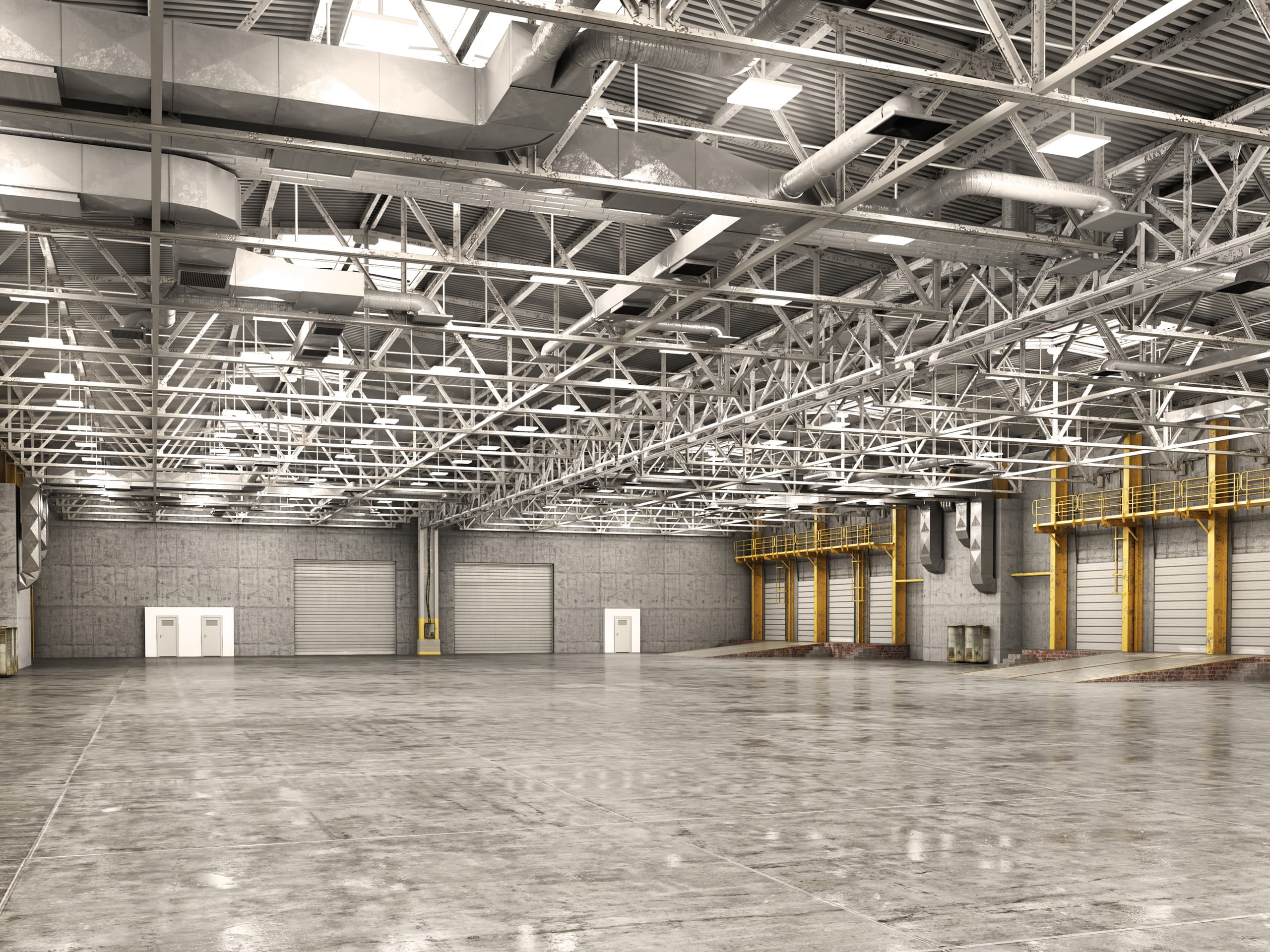Key highlights
In the fourth quarter of 2023, the national office availability rate flattened across Canada, holding at 17.6% from the previous quarter
Office leasing transactions remained concentrated on Class-A buildings in a phenomenon dubbed the “flight to quality,” as businesses prioritized high-quality, amenitized spaces
Exclusively remote work arrangements have fallen from 24.3% in January 2022 to 12.6% in November 2023
Meanwhile, the proportion of workers with hybrid arrangements has tripled since January 2022, increasing from 3.6% to 11.7% in November 2023
The Vancouver market reported the lowest office availability rate at 12.2%, followed by Quebec City and Ottawa, respectively
As of the fourth quarter of 2023, 11 office buildings were completed, with Toronto leading the country in the number of completed buildings
Nationally, 56 office projects were under construction in the fourth quarter of 2023, totaling 10.5 million square feet, with 52% pre-leased
As the hybrid work model has cemented itself as a preferred work arrangement, many landlords have viewed adaptive reuse as an increasingly attractive option for their older buildings
Office availability rates begin to flatten across Canada
In the fourth quarter of 2023, the national office availability rate flattened across Canada, holding at 17.6% from the previous quarter (Figure 1), and sublet space continued to decrease, representing 17.4% of the total available office space. Office leasing activity was still muted, as tenants remained cautious in determining space requirements for the current and future state of the market. Leasing activity was slightly less than in 2022, with increased lease renewals.
Moreover, office leasing transactions remained concentrated in class-A buildings in a phenomenon dubbed the “flight to quality,” as businesses prioritized high-quality, amenitized spaces. While the trend hasn’t caught on for all markets in Canada, adaptive reuse of underutilized class-B and C buildings (with office to residential conversions), was a hot topic in 2023.
According to Statistics Canada’s Labour Force Survey (LFS), as of November 2023, employment remained virtually unchanged (+25,000; 0.1%), with the unemployment rate up slightly by 0.1 percentage points to 5.8%. Increased layoffs due to macroeconomic headwinds and softening labour market conditions have contributed to the unemployment rate increase. Gains in employment were noted in manufacturing and construction. Meanwhile, losses in employment were noted in wholesale and retail trade and finance, insurance, real estate, and rental and leasing.
Statistics Canada also reported that nearly 6 in 10 recent immigrants in the labour force have experienced difficulty finding work related to their foreign work experience and credentials. Exclusively remote arrangements have fallen from 24.3% in January 2022 to 12.6% in November 2023. Meanwhile, the proportion of workers with hybrid arrangements has tripled since January 2022, increasing from 3.6% to 11.7% in November 2023, appealing mostly to parents with young children.
Figure 1 - Office availability Q4 2022 vs. Q3 2023 vs. Q4 2023

The Vancouver market reported the lowest office availability rate at 12.2%, followed by Quebec City and Ottawa, respectively (Figure 1). While the Calgary market continued to have the highest availability at 23.8%, at the same time, it continued to drop. This can be attributed to the city’s Downtown Calgary Development Incentive Program which helped to gradually remove underutilized and vacant spaces from the market’s inventory and increased leasing activity, contributing to the steady decline of office availability. As of October 2023, the Downtown Strategy team paused the acceptance of new applications to the program due to overwhelming demand. In total, the program has 13 approved projects and four projects under review.
Figure 2 - Office completion and availability (Q4 2023)

As of the fourth quarter of 2023, 11 office buildings were completed. Toronto leads the country in the number of completed buildings, with four office buildings totaling 786,135 square feet, followed by Vancouver and Montreal, respectively (Figure 2). However, Montreal introduced the highest office square footage to its market with 1.32 million square feet of completions. New office construction has dropped dramatically over the past two years.
Figure 3 - Office under construction and availability (Q4 2023)

Nationally, 56 office projects were under construction in the fourth quarter of 2023, totaling 10.5 million square feet, with 52% pre-leased (Figure 3). Vancouver and Toronto comprised the majority, with 26 and 20 projects, respectively, totaling approximately 9.7 million square feet under construction (Figure 3).
As the hybrid work model has cemented itself as a preferred work arrangement, many landlords have viewed adaptive reuse as an increasingly attractive option for their older buildings. However, given the current economic conditions, the cost of financing these endeavours may not be as financially viable. These efforts have resulted in a market where landlords need to offer generous incentives to acquire tenants, with free rent, built space and enhancing the property's new amenities for tenants. As a result, tenants currently have more bargaining power. Canada’s office sector is expected to remain sluggish going into 2024, which will continue the trend observed over the past few years.
Author

Jennifer Nhieu
Senior Research Analyst
Author

Jennifer Nhieu
Senior Research Analyst
Resources
Latest insights





Mar 20, 2025
Innovation in CRE benchmarking is ushering in a new era of data-driven decision making
